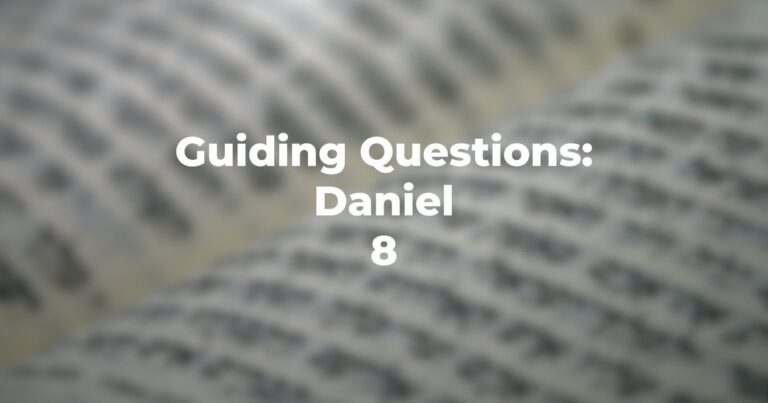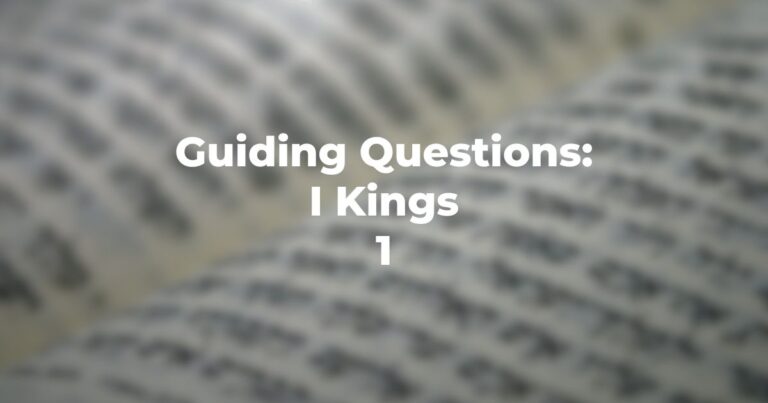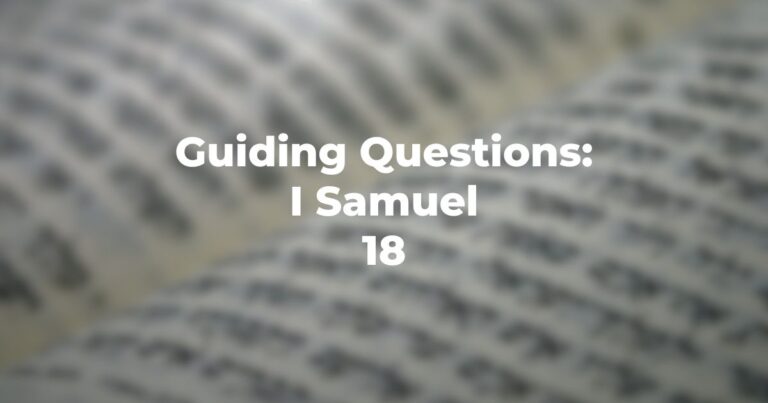- Does sensible social communal planning deal with future needs—before they arise?
- Is the source of material things (the earth) to be treated with consideration; is it granted a Shabbat?
- Is nature’s annual cycle supplementally a kadosh cycle, that is, to be observed by man?
- Is any to be deprived of the essential means of production indefinitely; or at the fiftieth year is each individual to have his property restored?
- Essentially, then, is the earth the Lord’s, assigned to man for productive use rather than uninterrupted exploitation, and with a provision to inhibit massive accumulation of property in the hands of the few?
- Is landlessness for anyone as a continual state acceptable?
- If “deror” is a redistributive mechanism with an economic focus, would “proclaim liberty” be based on equitable property distribution at regularized intervals?
- Since “deror”/”yoveyl” is related to Yom HaKippurim, does this position economic legislation within the context of the most significant holiday, ranking this legislation for the community with the imperative legislated for the individual on Yom Kippur?
- Overall, in this chapter, is there an assertion that man does not live in isolation from the fundamental factors of communal existence but, rather that the human is a social creature wedded to a trilogy of concern for economic structure, individual obligation and concern for avoiding perpetual class stratisfication?
- Why discuss regulations of this kind in the wilderness?
- Is any economic activity other than that which is agricultural dealt with in this section? (The questions which follow review the general theses of the chapter in specific verses.)
- In Leviticus 25:4 whose Shabbat is it?
- Is any reason give, specifically, why there should be a seven-year sabbatical cycle?
- What new factor is introduced in year 49/50?
- Has there been prior direction as to how land was going to be distributed?
- What are “deror” and “yoveyl”?
- Who is included in the yoveyl arrangements; who is excluded?
- Is “yoveyl” for the land or for the people?
- What is meant by “returning to the ahuzah?”
- What is meant by “social legislation?”
- Does “religion”, as the Brit understands it, deal with economics, property distribution, etc.
- Who is given the responsibility to see to it that this arrangement (the Sabbath years and yovel/dror) is carried out?
Author
-

Exploring Judaism is the digital home for Conservative/Masorti Judaism, embracing the beauty and complexity of Judaism, and our personal search for meaning, learning, and connecting. Our goal is to create content based on three core framing: Meaning-Making (Why?), Practical Living (How?), and Explainers (What?).
View all posts




